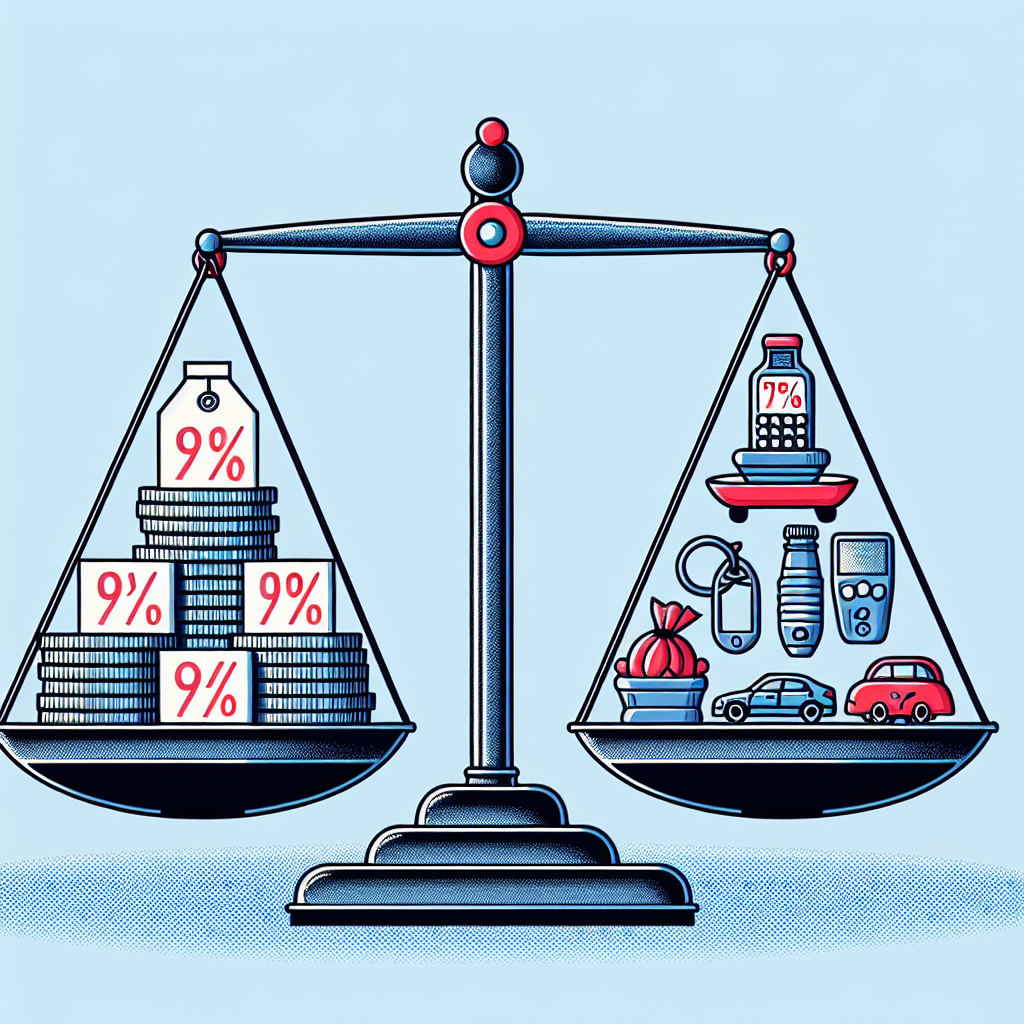Mexico's Judicial Reform Sparks Concerns from U.S. and Canada: Trade and Democracy at Risk
Mexico's proposed judicial reform, which introduces the election of judges by popular vote, has garnered criticism from U.S. and Canadian diplomats. They argue it threatens Mexico's democracy and trade relationships. Incoming President Claudia Sheinbaum supports the reform, while outgoing President Andres Manuel Lopez Obrador claims it aims to combat corruption.

Mexico's proposed judicial reform threatens the country's democracy and its crucial trade relationship with the United States, stated the top U.S. diplomat in Mexico on Thursday, while his Canadian counterpart warned of investor concerns.
Set for a congressional vote in September, the controversial reform suggests judges, including all Supreme Court justices, be elected by popular vote. "Based on my lifelong experience supporting the rule of law, I believe popular direct election of judges is a major risk to the functioning of Mexico's democracy," said U.S. Ambassador to Mexico Ken Salazar.
This marks the strongest critique to date by Mexico's largest trading partner, escalating tensions between the two countries over the issue. Canadian Ambassador Graeme Clark also voiced criticism on Thursday, noting investor worries about stability and the efficacy of Mexico's judicial system.
Incoming President Claudia Sheinbaum, who assumes office in October, supports outgoing President Andres Manuel Lopez Obrador's judicial proposal, asserting that judges should be elected. Salazar warned that the reform could endanger the U.S.-Mexico trade relationship, which depends on investor confidence in Mexico's legal framework.
Salazar added that the judicial reform lacks necessary safeguards and could expose Mexico's judiciary to corruption and organized crime. He warned that electing judges could allow cartels and bad actors to exploit politically motivated and inexperienced judges. Mexico's government did not respond to requests for comment.
Lopez Obrador argues that the reform will tackle impunity and corruption, proposing judge elections in 2025 and 2027. However, markets have been jittery since his Morena party's strong performance in June's national election, potentially enabling constitutional reforms.
On Thursday, Mexico's stock market and peso currency both dropped around 1%.
(With inputs from agencies.)
ALSO READ
Diplomatic Tensions: Indian High Commissioner Dismisses Canada's Claims
Mark Carney's Strategic China Visit: A New Dawn for Canada-China Relations?
Canada and UAE Set to Boost Economic Ties with Comprehensive Partnership
Canada's Strategic Move: Strengthening Ties with China amid U.S. Tensions
Canada-Taiwan Ties Strengthen Amid Chinese Tensions










